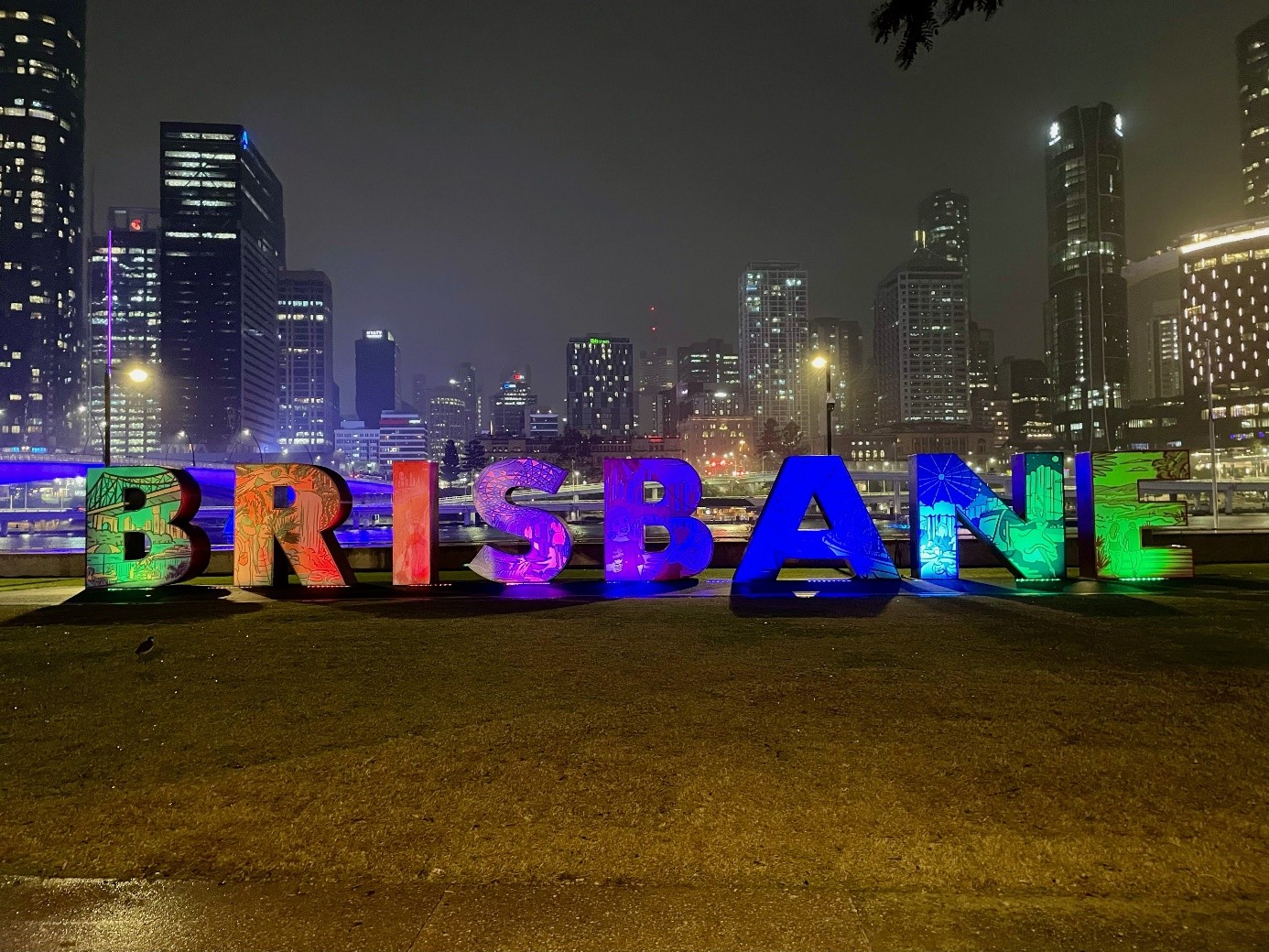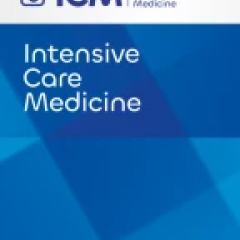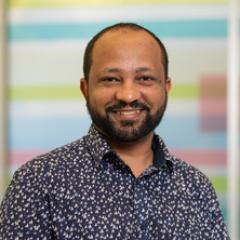Four-Month Research Visit at the UQCCR’s Antimicrobial Optimization Group, Brisbane
Research Visit at the UQCCR’s Antimicrobial Optimization Group, Brisbane
In January 2025, I travelled from my home country Germany to Australia for the first time — a journey that marked the beginning of an exciting four-month research placement with the Antimicrobial Optimization Group (AMO) at the UQ Centre for Clinical Research (UQCCR), led by Professor Jason Roberts. Having just completed my pharmacy studies, I was eager to gain hands-on experience in population pharmacokinetic (pop PK) modelling and to immerse myself in the world of clinical pharmacology research.
Brisbane greeted me with sunshine and temperatures over 35°C — thankfully, the office was air-conditioned! I was warmly welcomed by the AMO team, an international group with members from diverse backgrounds and expertise. From day one, I was encouraged to ask questions, join discussions, and get involved in the group’s projects. The collaborative environment made it easy to settle in, and I was soon learning from researchers who were not only knowledgeable but also genuinely supportive.
 In the early weeks, I worked with example datasets and attended the team’s weekly pharmacokinetic workshop, which helped me build a foundation in pop PK modelling using Monolix software. Under the supervision of Dr Hafiz Abdul-Aziz, I began my first project: developing a population PK model for Polymyxin B in critically ill Malaysian patients. With guidance of the team and plenty of patience, I was able to develop a two-compartment model that proved stable during the bootstrap. I then simulated various dosing regimens to determine the most appropriate one for this special population. A key lesson for me was the importance of always considering clinical applicability when developing PK models and conducting simulations — a dosing regimen that cannot be implemented in practice is of limited value because in the end, our goal is to improve patient care. It’s a principle that stayed with me throughout my time at UQCCR.
In the early weeks, I worked with example datasets and attended the team’s weekly pharmacokinetic workshop, which helped me build a foundation in pop PK modelling using Monolix software. Under the supervision of Dr Hafiz Abdul-Aziz, I began my first project: developing a population PK model for Polymyxin B in critically ill Malaysian patients. With guidance of the team and plenty of patience, I was able to develop a two-compartment model that proved stable during the bootstrap. I then simulated various dosing regimens to determine the most appropriate one for this special population. A key lesson for me was the importance of always considering clinical applicability when developing PK models and conducting simulations — a dosing regimen that cannot be implemented in practice is of limited value because in the end, our goal is to improve patient care. It’s a principle that stayed with me throughout my time at UQCCR.
After completing my first model, I assumed the second would be easier — but I quickly realised that every dataset brings new challenges. My next project involved building both joint and separate PK models for Piperacillin and Tazobactam, allowing me to compare how each modelling approach affects parameter estimates. My third and final project focused on Ceftriaxone in both critically and non-critically ill Indonesian patients. Each project deepened my understanding of PK modelling and reinforced the importance of tailoring approaches to the data at hand.
Participating in the weekly PK workshop was a highlight of my placement — not only did they support my own projects, but they also gave me insight into the advanced modelling work being done by the team. I was amazed by the complexity and creativity of their approaches. Beyond modelling, I also gained valuable experience in scientific writing and working as part of a research team.
While the scientific learning was exceptional, what truly set this experience apart was the welcoming and inclusive atmosphere within the group. The AMO team made sure I felt part of the team both professionally and socially — from after-work drinks and weekend hikes to brunches at colleagues' homes. I felt at home from the very beginning.
I am deeply grateful to the entire team for this inspiring and educational experience. My time in Australia not only expanded my academic and research skills, but also gave me a glimpse into the breathtaking, unique nature of the country. I look forward to returning one day — both to reconnect with the team and to continue exploring this remarkable place.




